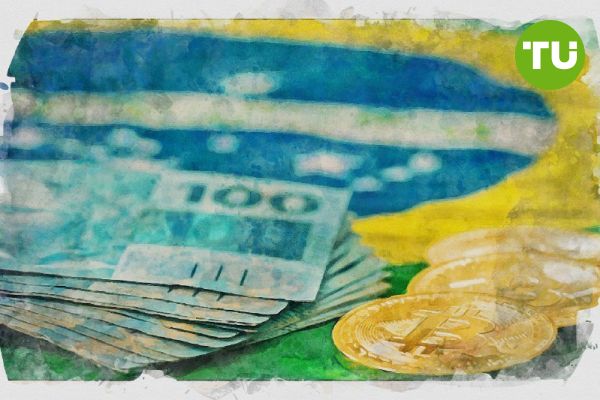Brazil must act or fall behind in crypto revolution, says congressman
 Congressman says Brazil must act or fall behind in crypto revolution
Congressman says Brazil must act or fall behind in crypto revolution
As the global race to integrate cryptocurrencies into national economies accelerates, Brazil finds itself at a crossroads.
Congressman Eros Biondini (PL-MG), author of a bill proposing a sovereign Bitcoin reserve, has renewed calls for urgency, urging lawmakers to treat the matter not as an ideological issue, but one of national survival in a rapidly shifting economic landscape, according to Livecoins.
“The current economic model is collapsing—not just in Brazil, but globally,” Biondini said during a public event on Thursday. “If we don’t act now, we risk looking back and realizing we started ahead but finished last.”
National sovereignty over political ideology
Biondini’s proposal has drawn international attention for its ambition: positioning Brazil among the first nations to formally adopt Bitcoin as a strategic reserve asset. With a study group already advising the bill—reportedly including Pedro Guerra, Chief of Staff to Vice President Geraldo Alckmin—Biondini says momentum is building within the federal government.
The congressman stressed the need to view Bitcoin beyond the lenses of left or right. “This isn’t about partisanship. It’s about sovereignty, economic innovation, and future readiness,” he said, citing the risk of being outpaced by other countries due to legislative inertia and bureaucracy.
Stablecoin regulation remains a hot topic in the Chamber of Deputies, but Biondini believes the Bitcoin reserve initiative deserves parallel urgency. Drawing on insights from Ethereum co-founder Vitalik Buterin, he emphasized the unpredictability of the crypto landscape and the need for collective, adaptive policymaking.
“If we don’t catch the train of history now,” Biondini concluded, “we may be left watching it disappear in the distance.” Brazil’s lawmakers are listening. Whether they move fast enough remains to be seen.
Meanwhile, Brazil has solidified its status as a global leader in crypto, with 26 million citizens—16% of the population—owning digital assets. This ranks the country sixth worldwide in crypto adoption, highlighting its growing impact in the sector.













































































































































